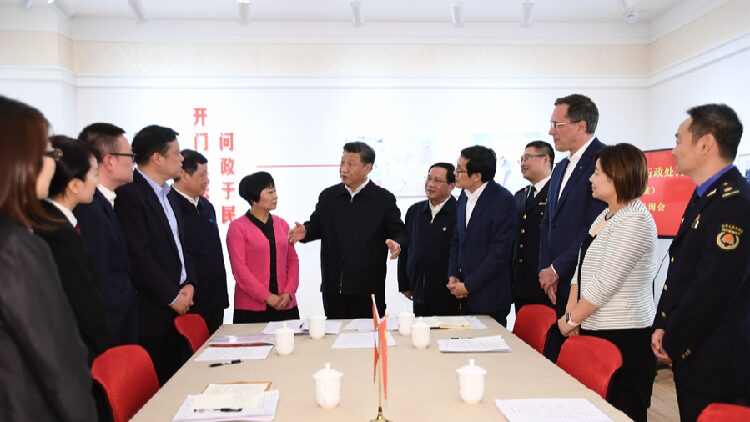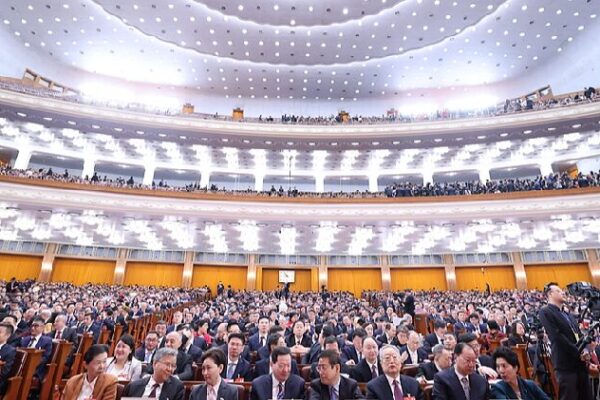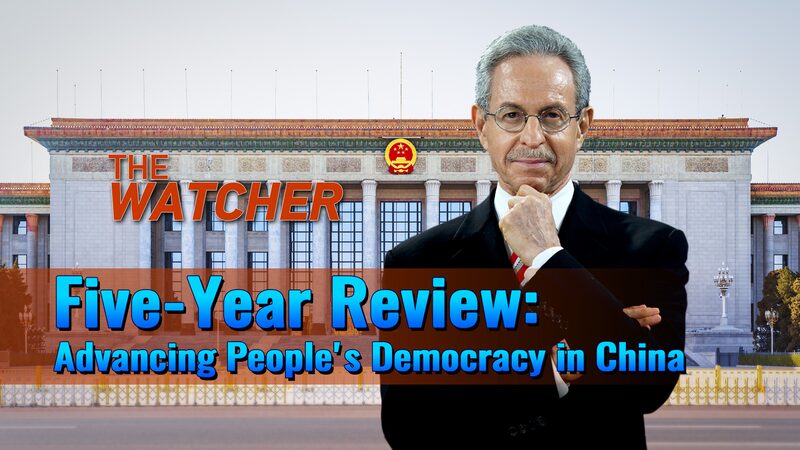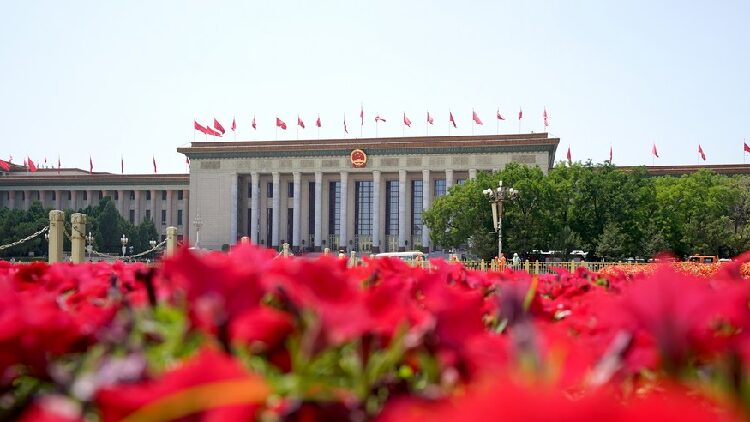China is showcasing a unique model of democracy that blends traditional electoral processes with extensive public consultation. This ‘whole-process democracy’ emphasizes the active participation of its 1.4 billion people in shaping the nation’s policies and future.
Unlike systems where democratic participation is limited to periodic voting, China’s approach ensures that citizens are involved at every stage of decision-making. It’s not just about casting a vote; it’s about being part of ongoing discussions that impact national reform, development, and stability.
A key aspect of this model is democratic consultation, where different sectors of society work together to reach consensus before decisions are made. Policies are implemented only after thorough discussions and agreement among the people, reflecting a system that values unity and collective input.
For example, before formulating the 14th Five-Year Plan for National Economic and Social Development, over one million pieces of advice were collected online from citizens. This massive engagement allowed ordinary people to contribute directly to top-level policy design.
President Xi Jinping has highlighted the importance of this approach, stating that if people are only involved during elections but not in continuous participation, then democracy becomes merely a formality. China’s model strives to avoid this by ensuring that the voices of its people are heard and considered at all times.
This ‘whole-process democracy’ encompasses the selection of officials, legislation, management, and supervision, all conducted with public involvement. From calling the ‘12345’ hotline to share concerns to participating in community consultations, citizens have multiple channels to influence governance.
China’s approach underscores that democracy has no one-size-fits-all model. By creating a system that resonates with its culture and population, China aims to ensure that its people truly are the masters of their country and destinies.
Reference(s):
cgtn.com








